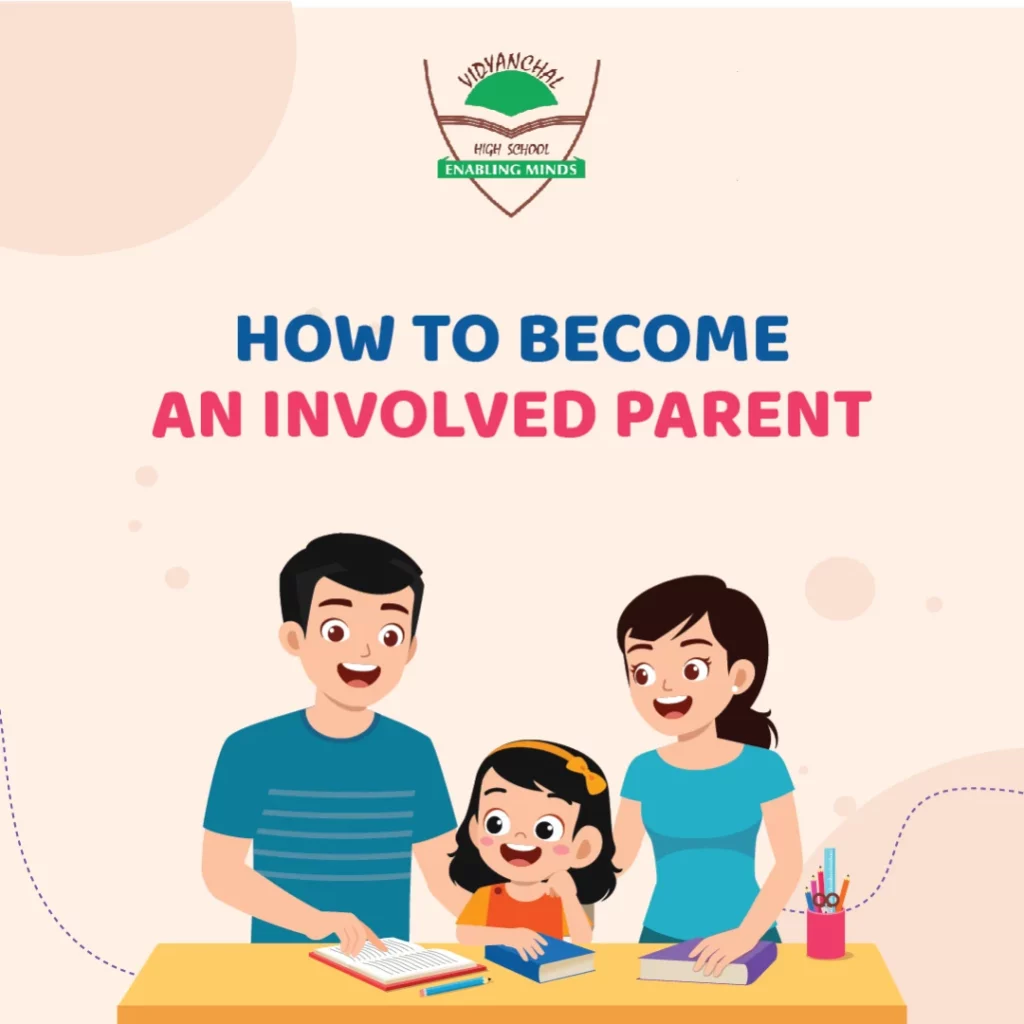How is involved parenting helpful for your child’s academic education?
Parenting is undoubtedly intensive but an important task considering how much that impacts the child’s long-term growth. Being a guardian, one has to be mindful of the thoughts and actions they reflect in front of their kid. While nurturing them and teaching them life lessons, parents have to be aware of how they are growing as an individual too.
Once the child is set to enter school life or for that matter preschool nowadays, this parenting extends to the teachers and staff. They become a crucial part of a child’s daily routine. Parents might feel relieved about sharing this responsibility after a point, yet equally nervous about whether it is managed well in their absence.
They attempt their best to choose great schools, provide financial support and see to it that their child gets a quality education. These days, most parents are inclined toward getting their children into different kinds of classes at an early age and keeping them occupied in learning versatile skills like dancing, painting, sports activities, or abacus. This is done with an understanding that the kid will develop multiple abilities apart from academics and socialize more.
This trend is largely followed by parents who can afford these explorations and most of the time by the ones who are having a busy job schedule, which leaves them with the least time and space for their children. Economic efforts tend to be more with an understanding that investing in all these spaces will increase the competency of children overall.
But that’s not the case entirely. As much as it is good to trust education institutes or tuitions with their ability to nurture your child, parents should also ensure that they are actively involved in their initial growth years. The observations suggest that the hectic schedule of parents is impacting interactivity with their children and also resulting in a loss of proper communication between them.
A child’s attachment to parents and emotional security directly affects their cognitive performance. The lack of it might affect their academic performance or emotional quotient which is of utmost importance for their personality development.
How to become an involved parent?
- Being present – This is literally what it means. Be attentive and focused when you are with your child. Always being busy with some work in front of them might make them feel less heard or seen overall. Taking out a dedicated time and space for your child makes them feel supported well.
- Healthy communication ( More listening less talking) – Kids are filled with interesting life updates and what has happened in their school. They have a bulk of questions and a lot to share about the day on daily basis. Except if the kid is very quiet by nature. Asking them about their school experience, and learnings, and setting a general conversation is a great way to stay engaged with your child.
Make sure to listen, not to respond but to understand them well. Stay away from mobile screens when they are talking to you until and unless it is very urgent. The most practical suggestion but helpful one! The child tends to imitate these small actions and it is reflected in their behavior as well.
Being accepting of their feelings and not being dismissive is a key to building trust in children. The more you are open to their experiences, the more they feel safe to share their space with you. - Prompt and regular communication with teachers – Apart from a parent-teacher meeting, it is good to be in connection with the facilitators who are actively present in their life. Attending school functions, and events are helpful to build this rapport.
Communicating with teachers, and knowing their reviews about your child timely will ensure that you are updated with everything that is happening with them and takes actions accordingly if needed. - Being open to learning – Most of the time, the hierarchy between parents and kids, or teachers and students is very visible. In the Indian context especially, parenting practice leans towards an authoritative style. The thought process is that parents know the best for their child because of more experience. This attitude although, does not help in setting up a friendly relationship.
Most of the time, parents tend to showcase the perspectives that they have gathered in their childhood. With changing times and life experiences, they might mold the way they think a bit but their schooling remains intact to a large extent. They exhibit the lessons that they have gained in their foundation years.
But imbibing the same thoughts in the next generation is rarely helpful when considered the only right way to think or be.
It is essential to be more empathetic and open to different perspectives that a child
has to offer. It not only makes the way to varied possibilities but also makes them feel confident about their thoughts. Engaging in playful activities at home – Games are a great way of understanding concepts in a more lighthearted and fun way. Parents should cultivate a pedagogy that indulges the child in critical thinking, imagination, gathering general knowledge, etc. will keep their brains active and fertile for new learnings. Solving puzzles, playing scrabble, structure building, and alike games are just a few examples.
Moreover, promote participation in outdoor games. Getting glued to the screen has affected the physical, mental, and emotional health of children. It is better to take out some time in the fresh air and have fun under the open skies.- Avoiding being overprotective – There is a thin line between being involved and overinvolved in the child’s growth. Being involved does not mean occupying their space all the time and becoming a watchdog. Children develop resilience and are self-sufficient when they get to be accountable for their tasks and take responsibility for small actions from an early age.
It is good to pick up your plate and wash it on your own! That is the simplest example. But these tiny actions will build into the daily habits and overall demeanor of your child. It builds self-trust and an understanding of cause and effect eventually.
Parents should ensure that they are responding to a child’s disappointment more constructively. For example, if your kid has scored low marks in a subject, it is important to let them know that they can do better next time instead of bashing them for being a disappointment.The foundation years of a child are precious. It has a long-lasting impact on their life. Much of what happens later in life, go back to the kind of upbringing one might have had. In that case, Involved parenting with appropriate boundaries will assure a great childhood and enhance their learning as well.

